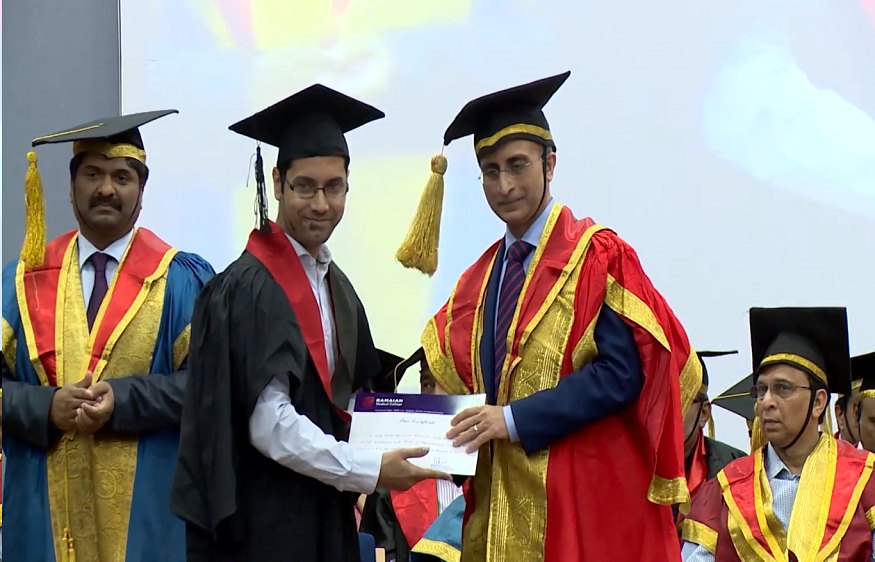How to find the best medical college for post-graduation courses?

Whether you want a lucrative career or to dedicate your life to serving people, practicing medicine is a great option in both cases. In the given circumstances, where the healthcare system has become the center of operations in all states, many young aspirants are drifted toward this profession,
Many medical colleges and universities worldwide offer graduate and post-graduate courses in medicine. Australia is one of the best countries to study medicine that takes admission through UMAT, UCAT, GAMSAT 2022, and other examinations. However, you can also choose to study in your native country or any other state as long as you can pick a reputed college.
With numerous colleges and universities welcoming students, both locale and international, it is often difficult to make your choice. Here is a roadmap that you can follow to choose the most suitable college for your course.
Sort your selection criteria
Remember, your preferences and limitations are unique which is why you cannot use the criteria set by others to choose your college. Make a list of things that you look for and things that you would like to avoid. Set both the lists in priority. You can have college fees, location, hostel facility, number of students, practical and research facilities, etc.
Make a list of potential options
Make a list of all colleges that fits your bill. It is better to start in your vicinity or at least within your country. For international courses, you can shortlist the countries you are willing to go to and then pick the colleges or universities there. If your highest priority is to go only world’s top colleges, other criteria naturally take a back seat. In any case, ensure that you check accreditations and affiliations.
Gather information and shortlist
The next step is to gather more and more information about the institutes you have enlisted. Enquire about the facilities and amenities, infrastructure, library, laboratories, number of students, job opportunities you are likely to get after finishing the course, admission criteria, etc.
Pay a visit if possible
As long as your shortlisted college is approachable, try to pay a personal visit. You cannot know about the college environment better in any other way. It also allows you to interact with the professors and students to know more and make an informed decision.
Check admission criteria and where do you fit
Make sure you check and note all the minute details about admission criteria. It is a common disappointment for students to find one pointer that they missed and that overrules their eligibility. It is better to check the details meticulously, especially if you plan to study overseas.
Take advice from seniors, friends, and family
Making a huge decision all by yourself can make you overlook some aspects of it. It is better to consult people around you to gain a different perspective. Consult your parents, who might be paying for your course, your friends, seniors, and teachers. Their advice can be instrumental in making a fruitful decision.
Take time to make your call
Choosing a college not only impacts your studies but also influences your entire career and life as a professional. Avoid making hasty decisions and take utmost care in striking off all ifs and buts. Raise as many questions as you want and proceed only after finding satisfactory answers to them.





